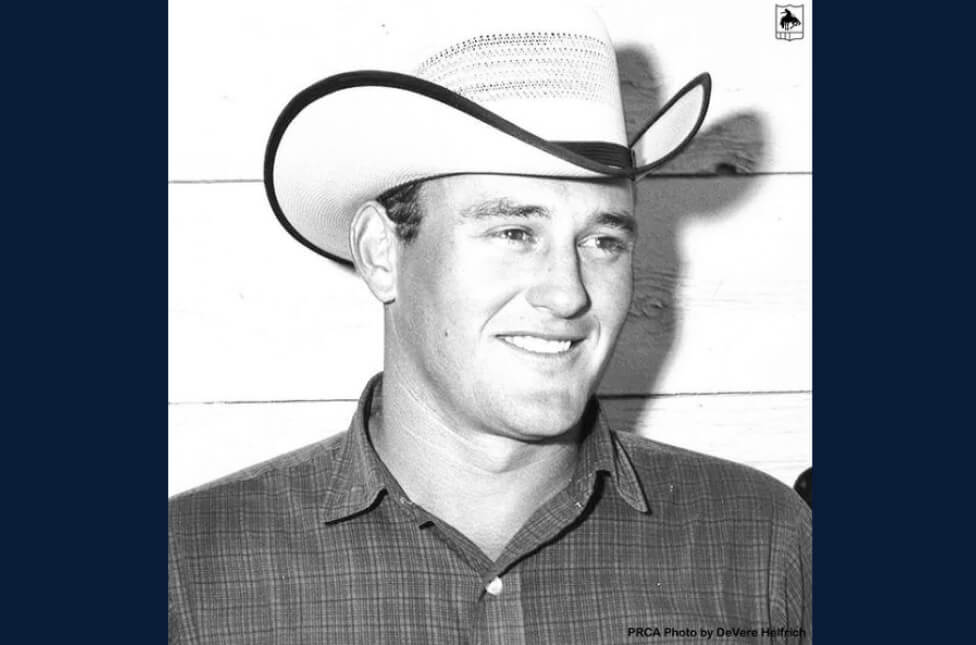
Bob Wiley, a renowned figure who made five impressive appearances at the National Finals Rodeo (NFR) in tie-down roping between 1961 and 1965, sadly passed away on August 19th at the age of 87.
Wiley’s rodeo career reached its pinnacle in 1963 when he earned the title of reserve world champion at the NFR in Los Angeles. The world champion during that year was the esteemed ProRodeo Hall of Famer, Dean Oliver.
In the following year, 1964, Wiley secured fifth place in the world standings, narrowly missing out on the top spot, which was claimed by the legendary ProRodeo Hall of Famer, Jim Bob Altizer.
Beyond his rodeo accomplishments, Bob Wiley went on to have a distinguished career in law enforcement. For nearly 24 years, he dutifully served as the Sheriff of Tulare County, California.
During his tenure as sheriff, from 1967 to 1991, a detention facility north of Visalia was named in his honor, known as the “Bob Wiley Detention Facility.”
Wiley’s roots in athleticism began at Kingsburg High School, where he excelled in both football and track. In these sports, he even had the opportunity to compete alongside Rafer Johnson, who would later go on to win the decathlon gold medal in the 1960 Summer Olympics in Rome.
After high school, Bob Wiley continued to pursue football, playing for Porterville College. In one memorable game against Reedley College, Wiley’s remarkable performance saw him gain 275 yards, ultimately earning him a place on the Little All-America team.
His time at Porterville College was pivotal, as it marked the start of his rodeo career, alongside his role as Tulare County’s sheriff. Wiley delved into calf roping, now known as tie-down roping, beginning in 1956 and clinching his first tie-down roping victory in 1957.
Balancing the roles of an extra-help deputy and a rodeo cowboy at PC was no small feat, but Wiley’s determination was unwavering.
By May 1965, he had earned recognition in the Porterville area, not only as an extra-help deputy but also as a calf roper, competing across the state, country, and even in Canada.
Wiley’s rodeo journey took him to prestigious events such as Cheyenne Frontier Days in Wyoming and the Calgary Stampede. Even after retiring as sheriff in 1991, he continued to participate in a few senior rodeos and generously shared his expertise by teaching young riders the art of roping.
Wiley’s influence extended beyond rodeo and law enforcement. He also served as the president of the California State Sheriffs’ Association. His multifaceted experiences caught the attention of Pulitzer Prize-winning sports columnist Red Smith, who penned a syndicated column for The New York Times in 1972, highlighting Wiley’s incredible ability to balance his rodeo pursuits with his sheriff responsibilities.
Under Bob Wiley’s leadership, the Tulare County Sheriff’s Office (TCSO) operated an inmate farm that produced corn and onions, while also raising swine and maintaining a livestock farm. Additionally, TCSO was one of the pioneering departments to introduce K-9 units, boasting up to 10 highly-trained dogs during Wiley’s tenure.
Bob Wiley’s legacy as a rodeo star, law enforcement leader, and community contributor will be fondly remembered by all who had the privilege of knowing him.
Leave a Reply